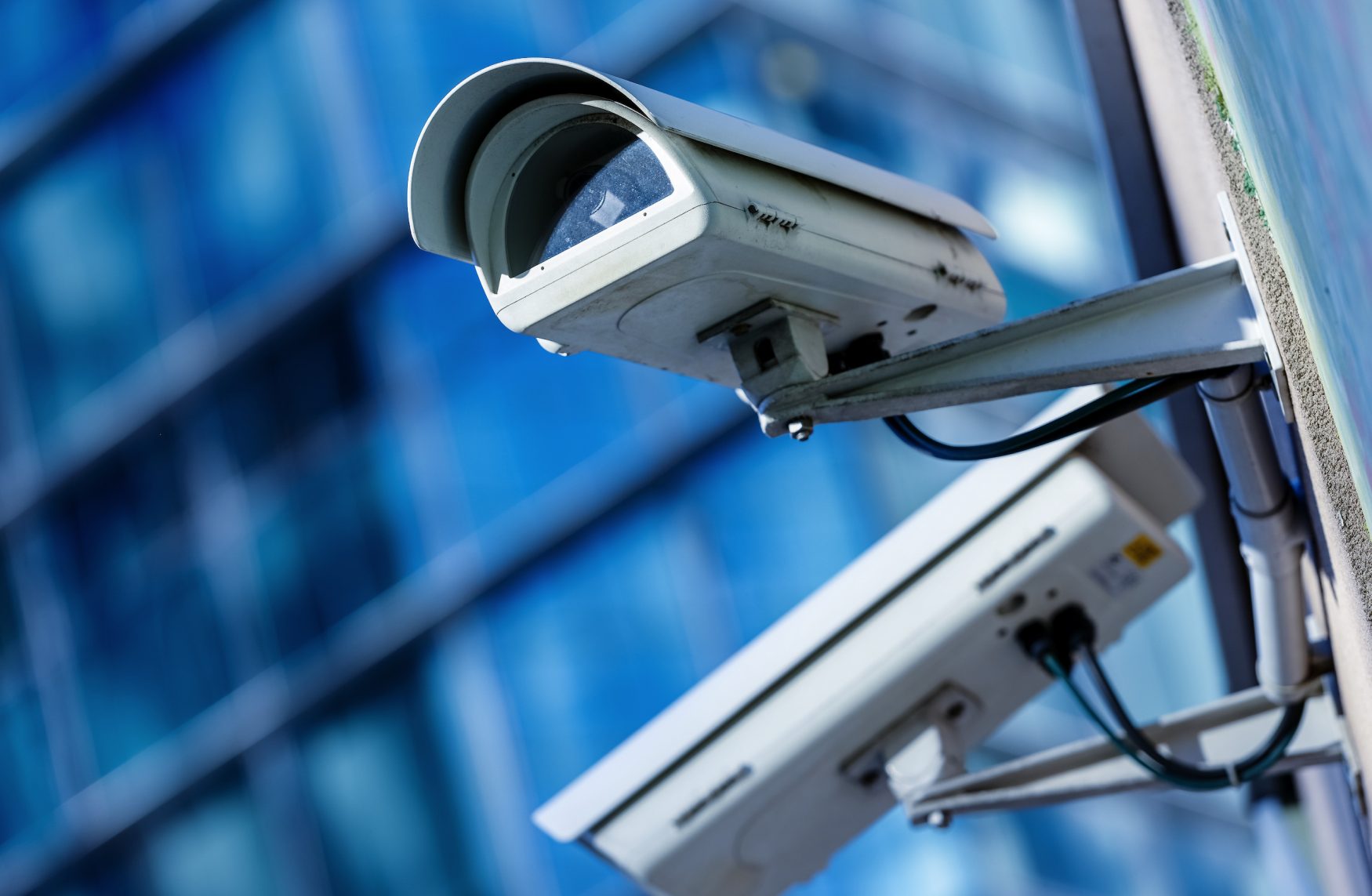
Police Camera Surveillance: All in the Name of National Security
Police Camera Surveillance Takes Away the Privacy Rights of American Citizens as Outlined in the United States Constitution.
Police camera surveillance can now be found all across the United States as well as in many other countries such as Canada and the UK.
Even small towns are finding funding for surveillance cameras with the certain belief that their public areas need to be monitored just as much as in big cities.
Money that comes from anti-terrorism grants is now making it possible for the installation of police cameras in areas that are considered to be possible targets for attack or areas where there is a high incidence of crime.
Cameras can now be found in airports and stores, on buses and trains, and in many office buildings.
Police officers feel that surveillance cameras will change the way traditional policing has been done in the past.
However, privacy advocates not only in the United States but also around the world feel that surveillance in public areas is against privacy laws and people need to understand that their rights are being violated.
Critics are describing police camera surveillance as a way for Big Brother governments to keep an eye on ordinary citizens.
And at the same time, police departments across the country still assert that cameras help them catch criminals and allow them to respond much faster to emergencies happening in real time.
Surveillance Doesn’t Stop Crime
Despite all of the positive statements from police enforcement officers there is no evidence that surveillance cameras do little to stop terrorism or crime.
Anyone wanting to commit a crime understands, by now, that cameras are everywhere.
All it takes is a ski mask and a hooded sweatshirt to hide their identity from the prying eyes of Big Brother.
Criminals are becoming confident that their anonymity is protected and if anything, are becoming more confident when involved in an illegal activity.
And in larger cities, where several cameras have to be monitored at one time, how is it possible for one or more police officers to be vigilant at all times?
And how do they make the call between innocent activities or suspicious behavior?
Rather than deterring crime, police camera surveillance is providing police departments and the government with large amounts of information about private citizens that they wouldn’t be able to obtain in any other way.
Cameras are monitoring the daily activities of people who are innocent of any crimes or suspicious behavior.
Future Advances in Camera Surveillance
As of 2007, the American government has been financing research into some controversial technology that will allow for face-recognition.
Police camera surveillance converts photos of people into numbered sequences that are instantly compared with millions of photos stored in a huge database.
This technology is already in use in some areas of the country, such as at Logan International Airport in Boston.
Their explanation behind this controversial technology is that it will help law enforcement and Homeland Security locate criminals and terrorists that much more efficiently.
They feel this will be particularly useful in major airports and train stations, where photographs of questionable individuals would be run through terrorist databases.
But will this really prevent another terrorist attack or will it instead cause more controversy over the invasion into the rights of individuals?
Many privacy advocates, such as the ACLU, feel strongly that facial recognition and police camera surveillance can only lead to racial profiling.
How much more often will people who aren’t Caucasian be targeted and profiled?
The Right to Privacy VS. Security
Supporters of camera surveillance believe there is no threat to people who aren’t committing a crime, with the implication that if they have nothing to hide from the police or government they have nothing to worry about.
This means that only criminals should take offence to being monitored.
This makes absolutely no sense and goes completely against the right to privacy as outlined in the first, third, fourth, and fifth amendments of the Constitution.
The United States government is quick to trade people’s privacy for security.
The fight against terrorism seems to have given the American government the unauthorized liberty of doing whatever it feels is right to protect this country.
All at the expense of the people who voted them into power in the first place.
What American citizens need to understand is that if they forfeit their right of privacy to the government they are implicitly giving them the right to use and abuse this private information in any way they want.
If cameras are allowed to continue filming people as soon as they walk out of their homes our right to privacy will continue to disappear.

 My First Amazing Ayahuasca Experience
My First Amazing Ayahuasca Experience  Pine Needle Tea
Pine Needle Tea  The REAL Controllers of Humanity: The Papal Bloodlines
The REAL Controllers of Humanity: The Papal Bloodlines  Is it Global Warming or Cooling?
Is it Global Warming or Cooling?  Gun Rights and Obama Examined
Gun Rights and Obama Examined